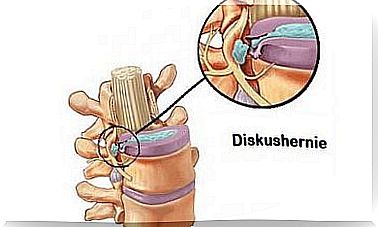How Can You Prevent Swelling Of The Ankles?
The daily consumption of 2 liters of water (3 in summer) helps with the elimination of pollutants and prevents fluid retention.
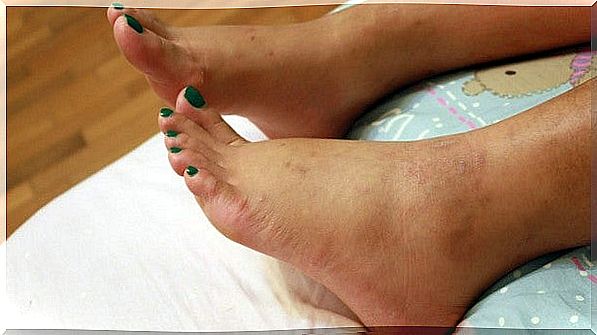
There are many reasons for ankle swelling as well as simple treatment options.
Edema (medical term for this complaint) is caused by poor circulation, fluid retention, improper posture, pregnancy, etc. You will learn more about this problem in the following article.
How does the ankle swell?
After a busy day, after sitting in front of the computer for a long time, or after a long journey, the ankles may swell .
If the feet are not moved, the muscles and valves on the legs contract and cannot relax. This leads to circulatory disorders.
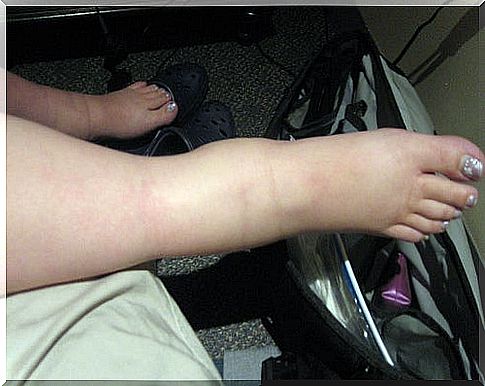
This problem often arises in people who are overweight or in the elderly whose heart does not have the strength to pump the blood faster.
This leads to high blood pressure and the blood collects in the feet. The veins do not close properly, or they stretch, and they may contain more fluid.
Other factors that can cause ankle swelling:
- Smoke
- cholesterol
- Obesity
- gout
- diabetes
- high blood pressure
- Kidney problems
- pregnancy
- Taking contraceptives
- Some medication
In addition to these main causes, doctors usually also check other possible triggers:
- Insufficient function of various organs, such as the intestines or kidneys
- Diet high in unsaturated fats and trans fats
- Weak veins that do not allow adequate blood flow
- Obstruction in the lymph glands
- Malnutrition
- Depression or other emotional causes
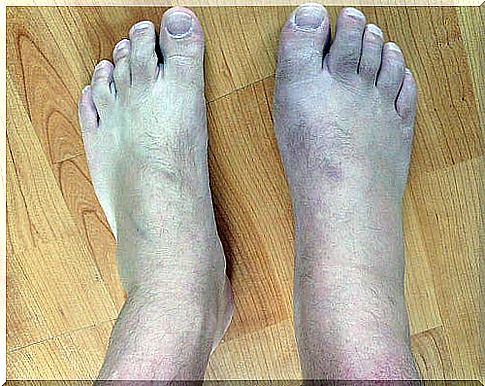
How can you prevent ankle swelling?
- Move your legs every hour: If you have to sit at a desk all day because of your work, then you should get up once an hour and do a little walk in the office. In this way, the blood circulation in the legs and feet is stimulated. If you travel a lot and therefore often have to sit in an uncomfortable seat, get up from time to time, go to the toilet, stretch your legs, etc. Daily walks are also an advantage, because this can prevent blood clots in the legs.
- Lose weight: If you have a few pounds too much, that’s not a problem. But if you are very overweight, it can seriously affect your health. You should therefore start with a diet so that you lose some weight. Being overweight can put too much strain on the legs and be responsible for swelling of the feet. As you lose weight, the swelling in your legs and feet will decrease and less fluid will accumulate.
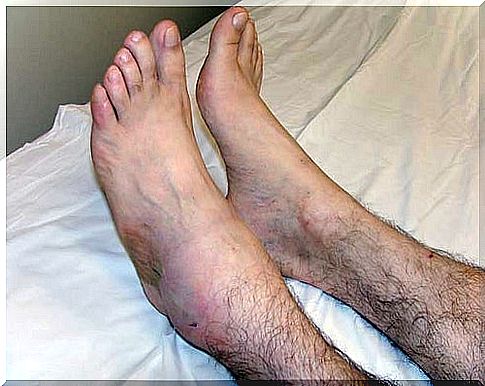
- Consume only small amounts of salt: A lot of salt in our daily food can lead to tissue problems in the ankles and legs. If you limit your salt intake, less fluid will accumulate. This means not consuming canned or processed foods, which are usually high in salt. It is best to choose sea salt and salt with a low sodium content.
- Change your medication : Some medications can cause inflammation of the ankles, feet, and legs as a side effect. Ask your doctor if this can be the case with medication you are taking and switch to medication without these side effects. If you buy medication from the pharmacy, check the package insert for any side effects.
More tips
- Exercise: This allows you to improve your blood circulation. Good sports for blood circulation include cycling, walking and swimming. We recommend that you exercise at least three times a week. At the beginning, a session should last at least 20 minutes.
- Sleep with your legs up high: When you come home from work and make yourself comfortable in front of the TV, put your feet up, preferably with the help of pillows. If you want, you can lean your legs against the wall or a pillar for a few minutes. This will allow the blood to flow down and not pool in your ankles. Maybe you will feel a tickle in the beginning. If you feel pain while doing this, take your feet off the wall and try again after a few minutes.
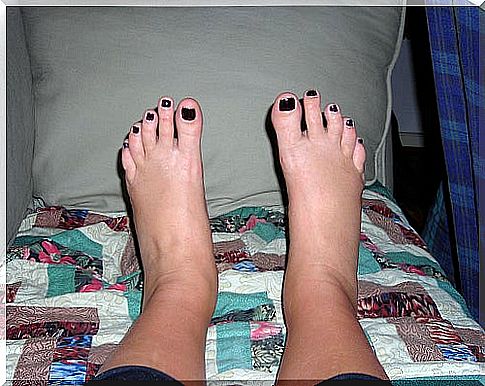
- Drink plenty of water throughout the day: this will help prevent fluid retention. In winter it should be 2 liters, in summer we even recommend 3 liters. Ask an expert because they can tell you how much water your body needs. This depends, among other things, on age.
- Wear comfortable shoes: Your shoes should not be too tight or too wide and, if possible, have laces, because this way you can tie them tighter or less tightly. If you have the opportunity to spend some time barefoot (for example during your lunch break), then you should use this time too.
- Soak your feet in cold water: take a container, then fill it with cold water. Then bathe your feet in it until the water reaches your ankles. Then leave your feet in this position for a few minutes and you will see the lumps go away.
Two more tips
- Use orthopedic products: If you have chronic inflammation, doctors will prescribe orthopedic products for you. Mostly it will be some kind of boot that adjusts and regulates the pressure on the feet and ankles. This allows the blood vessels to expand and the heart then receives the right amount of blood.
- Drink diuretic beverages : Teas made from diuretic herbs help expel accumulated toxins in your urine. Particularly recommended teas include horsetail and grape tea. A diuretic diet is also a good option.
Pictures by Caesandra Seawell, Wanderyng Eyre, Andy2 Boyz, Sue Rabeaux, Elfboy, Sanar





